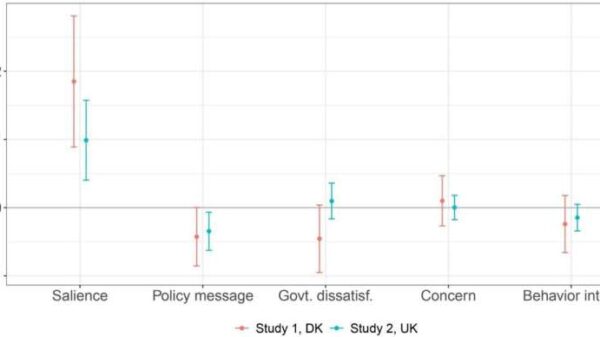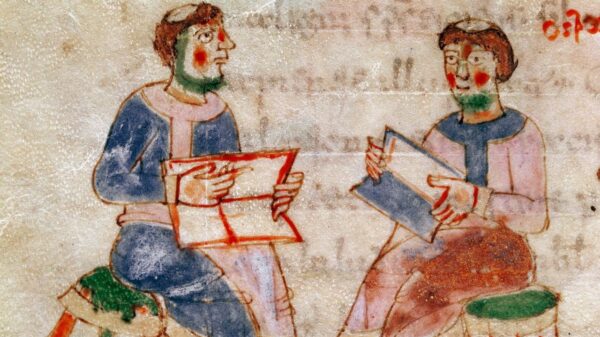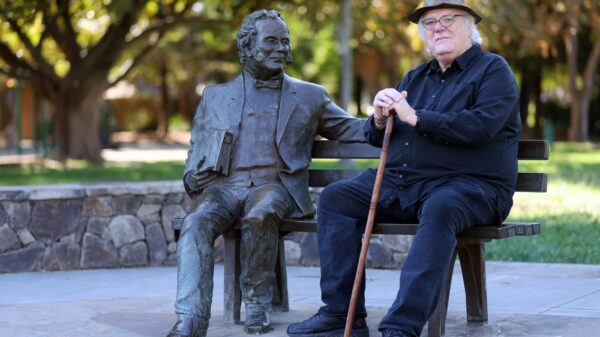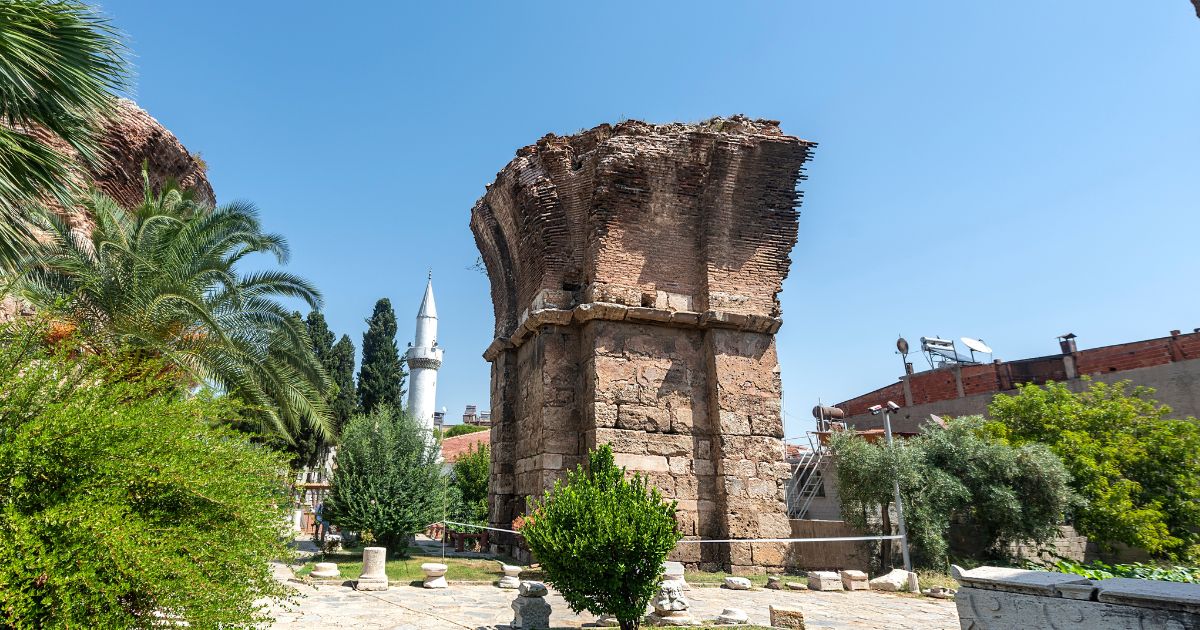A remarkable archaeological discovery in south-central Turkey has unveiled a carbonized loaf of bread dating back to the 7th or 8th century. Unearthed at the Topraktepe archaeological site, which was once part of the ancient city of Eirenopolis, this find highlights the intersection of daily life and religious devotion during that era. The Karaman Governorship announced the discovery on October 8, drawing significant attention to the historical significance of the artifact.
Among five loaves uncovered at the site, this particular piece bears an inscription that reads, “With gratitude to the Blessed Jesus.” The loaf is depicted with an image of Christ as a farmer, symbolizing fertility and labor, which were pivotal themes in the religious beliefs of the time. Archaeologists suggest that these loaves were likely baked for communion, making them some of the best-preserved examples from the Anatolia region.
Historical Significance and Cultural Context
The bread is estimated to be at least 1,200 years old, possibly even older. This discovery serves as a vivid reminder of the enduring impact of Christ’s message throughout history. As noted by Giovanni Collamati, a history professor at CEU San Pablo University in Madrid, the craftsmanship of this loaf reflects the devotion of ordinary people rather than the elite of major cities like Constantinople. Collamati emphasized that this find illustrates a form of “local liturgical worship” that resonates with the common populace, showcasing their deep-rooted faith.
The image and inscription on the bread not only highlight the religious practices of the time but also provide insight into the social dynamics of early Christian communities. Such artifacts reinforce the notion that the worship of Christ was a widespread phenomenon, transcending social strata and geographical boundaries.
A Testament to Enduring Faith
The unearthing of this ancient loaf has generated a wave of interest, as it contributes to the rich tapestry of early Christian history. The significance of the bread lies not only in its physical form but also in what it represents: the continuity of faith and the extent to which Christ’s message has permeated lives over centuries.
Moments like these remind observers of the profound influence of Christ’s life and teachings, which continue to resonate today. The discovery serves as a testament that even the simplest of items can carry immense historical and spiritual weight, connecting modern audiences to their past.
As archaeologists continue to study the Topraktepe site, more insights into early Christian practices and the everyday lives of individuals in that period may emerge. The community’s devotion, as reflected in this ancient loaf, underscores the universal reverence for spiritual beliefs, transcending time and geography, a sentiment echoed by the saying that nature itself would sing praises if humanity fell silent. This discovery of a long-forgotten loaf of bread encapsulates the intersection of history, faith, and the enduring legacy of Christ’s teachings.




































































